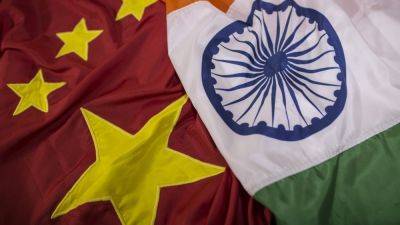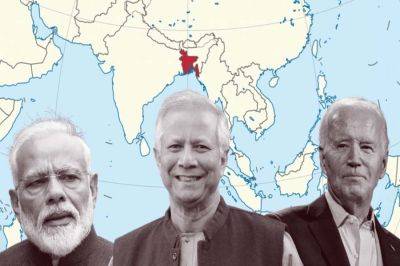Fishy diplomacy: What a hilsa ban reveals about India-Bangladesh tensions
A brief ban on export of the fish used as a diplomatic tool by former PM Hasina has caused diplomatic tensions – and a culinary crisis.
Hilsa is Bangladesh’s national fish. Locally known as ilish, it is cherished as the queen among fish and forms part of the culinary identity of both Bangladesh and the bordering Indian state of West Bengal.
Former Bangladeshi Prime Minister Sheikh Hasina used the fish – which is found in the Bay of Bengal and in rivers – as a tool of diplomacy to foster ties with its western neighbour, India.
But Bangladesh’s interim government’s decision to briefly ban exports of the fish to India in September caused a culinary crisis of sorts ahead of the festival of Durga Puja in India. Hilsa fish cooked in mustard sauce is a popular delicacy during the festival. Some experts viewed the move as a diplomatic rebuke for New Delhi’s backing of Hasina, who has taken shelter in India after her removal in late August.
Dhaka insisted the ban aimed to reduce the cost of the freshwater fish domestically amid a leaner harvest this year. It, however, reversed its order within two weeks.
So what is the fish at the centre of it all, and is it more than just a popular meal?
Bangladesh exports 70 percent of the world’s hilsa. But the prized catch is increasingly becoming rare and expensive, owing to overfishing, increased demand and environmental challenges like climate change.
Fishermen this year say they are also struggling to catch adequate amounts of hilsa due to rough sea conditions.
The exports add to the scarcity, with the fish unaffordable to most Bangladeshis due to its high cost. In 2024, the price of a 1.5kg hilsa fish reached about $15 (1,800 Bangladeshi taka) in local markets, compared with about







